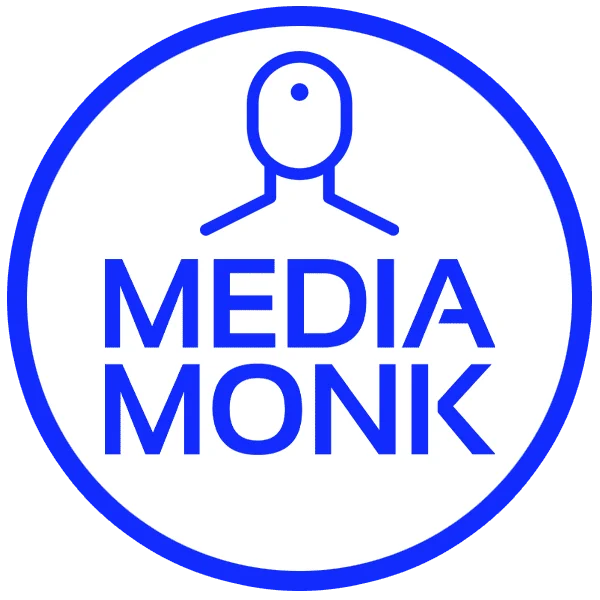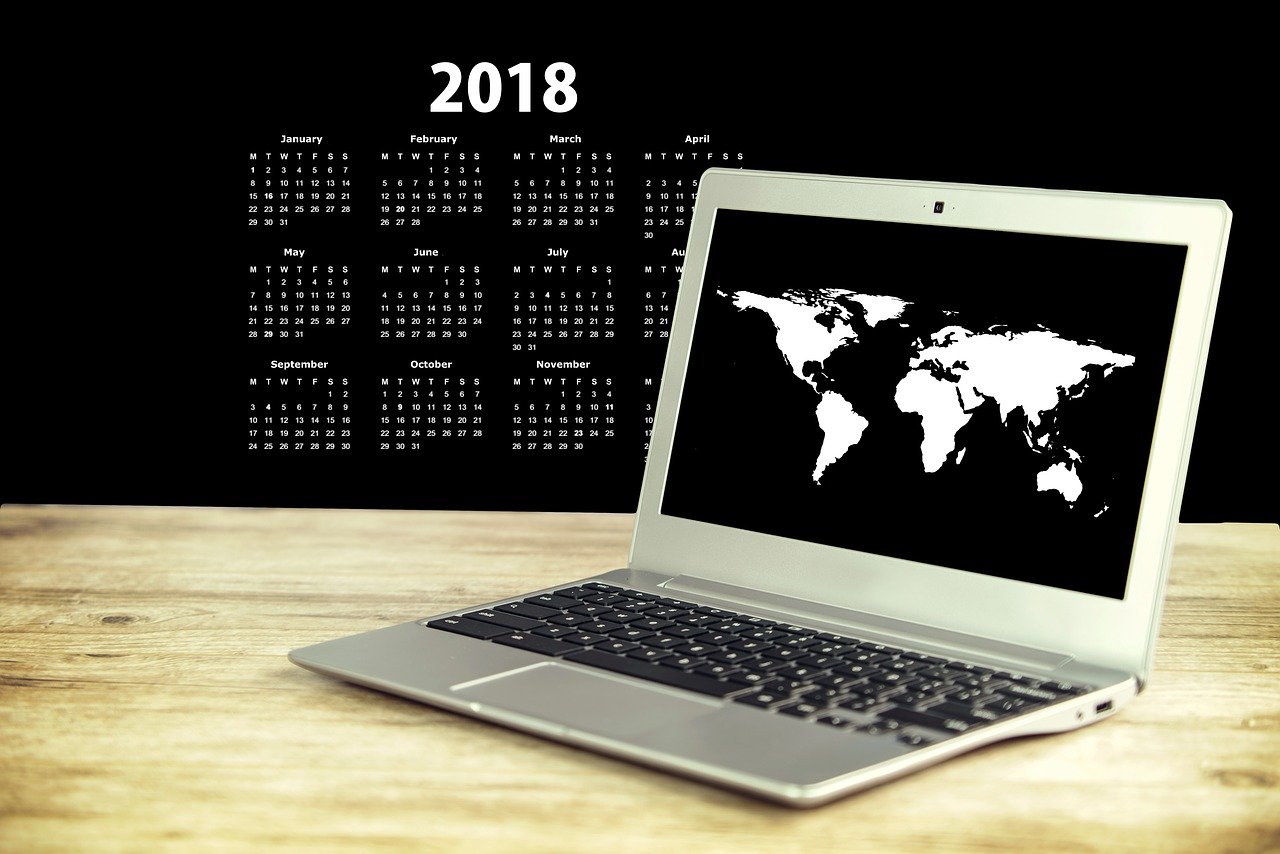Table of Contents
Content Marketing vs Traditional Marketing: The Shift in Strategy
In the competitive arena of business promotion and brand storytelling, the clash between content marketing and traditional marketing strategies represents a pivotal battlefront. As we delve into the essence of this confrontation, it’s critical to understand how Media Monk, a platform powered by the brilliance of AI, is transforming the landscape to favour content marketing, imbuing it with unprecedented advantages in reach, relevance, and return on investment.
When it comes to marketing, businesses are often faced with the decision of choosing between content marketing and traditional marketing strategies. In this article, we will delve into the advantages and effectiveness of content marketing, the latest trends in the industry, and compare it with traditional marketing strategies.
The discourse on content marketing vs traditional marketing is rooted in a shift from one-way communication to a dialogue. Traditional marketing—encompassing print ads, television commercials, and billboards—has long been the bulwark of brand messaging. While these methods have the merit of wide reach, they lack the targeted engagement that modern consumers crave. Content marketing, on the other hand, flips the script, offering valuable, relevant, and consistent content aimed at attracting and retaining a clearly defined audience.
Advantages of Content Marketing in the AI Age
Media Monk’s AI-driven platform epitomizes the content marketing advantages by tailoring content to the preferences and behaviours of the audience. Unlike traditional marketing strategies, which cast a wide net in hopes of catching interested parties, Media Monk leverages AI to analyze data, predict trends, and create content that speaks directly to the interests and needs of individuals. This results in higher engagement rates, as content is no longer a shot in the dark but a precision-guided conversation starter.
One of the key advantages of content marketing over traditional marketing is the ability to build brand awareness. By consistently creating and sharing valuable content, businesses can increase their visibility and credibility in the eyes of their target audience. This helps to establish a strong brand presence and differentiate themselves from competitors.
Another advantage of content marketing is the opportunity to establish thought leadership within the industry. By producing high-quality and insightful content, businesses can position themselves as experts in their field, earning the trust and respect of their audience. This can lead to increased brand authority and influence, ultimately driving more leads and sales.
Content marketing also allows businesses to create valuable and relevant content that resonates with their target audience. By understanding the needs and interests of their customers, businesses can tailor their content to address specific pain points and provide solutions. This personalized approach can lead to greater engagement and interaction with potential customers, ultimately resulting in higher conversion rates and increased customer loyalty.
Efficacy and Efficiency: The Twin Pillars of Content Marketing
Content marketing effectiveness isn’t just about creating compelling narratives; it’s also about delivering them through the most efficient channels. Media Monk’s platform automates the distribution process, ensuring that content reaches every corner of a brand’s digital ecosystem. It recognizes the evolving content marketing trends, where personalization and automation stand as cornerstones of successful campaigns. Through AI, Media Monk ensures that the right message reaches the right person at the right time, a nuanced approach that traditional marketing strategies often fail to achieve.
Content marketing has proven to be more effective than traditional marketing strategies in reaching and engaging audiences. By creating and distributing valuable, relevant, and consistent content, businesses can attract and retain a clearly defined audience. This tailored approach allows companies to connect with their target demographics on a deeper level, leading to higher levels of engagement and brand loyalty. In comparison, traditional marketing methods often cast a wider net and may not effectively resonate with specific audience segments, resulting in lower overall effectiveness.
Furthermore, content marketing provides businesses with the opportunity to achieve higher ROI and better results. By understanding the specific interests and preferences of their audience, companies can create content that is more likely to resonate and drive action. This targeted approach not only leads to increased conversion rates but also allows for more efficient use of resources, as businesses can focus their efforts on reaching those most likely to convert. In contrast, traditional marketing methods may require a larger investment with less precise targeting, leading to lower returns on investment.
As the digital landscape continues to evolve, content marketing has become increasingly important in staying relevant and competitive. With the rise of social media and other digital platforms, businesses have more opportunities than ever to connect with their audience through content. By leveraging the latest trends and technologies, such as interactive content and personalized messaging, companies can further enhance the effectiveness of their content marketing strategies, solidifying its position as a superior alternative to traditional marketing methods.
Trends in Content Marketing
One of the most prominent trends in content marketing is the shift towards interactive content. With the rise of social media and mobile technology, consumers are looking for more engaging and interactive experiences. This has led to the popularity of interactive content such as quizzes, polls, and interactive videos, which not only capture the audience’s attention but also provide valuable data for businesses to understand their audience better.
Another major trend in content marketing is the increasing focus on video marketing. With platforms like YouTube and TikTok gaining massive popularity, video content has become a crucial part of any marketing strategy. Businesses are leveraging video content to tell compelling stories, showcase products, and engage with their audience in a more personal and authentic way.
Personalization and AI-driven strategies are also shaping the future of content marketing. With the abundance of data available, businesses are now able to personalize their content to cater to the specific needs and preferences of individual consumers. AI-driven strategies are being used to automate and optimize content creation, distribution, and targeting, allowing businesses to deliver the right content to the right audience at the right time.
Traditional Marketing Strategies
Traditional marketing strategies have been the go-to for many industries for decades, and they have proven to be effective in reaching certain target audiences. However, with the rise of digital and online platforms, the landscape of marketing has shifted. Content marketing has emerged as a more viable and cost-effective option for many businesses, as it allows for a more targeted and personalized approach to reaching consumers.
Despite the effectiveness of traditional marketing strategies in the past, the limitations of these methods are becoming more apparent in today’s fast-paced and digital world. Traditional marketing often relies on mass media such as TV, radio, and print advertisements, which may not effectively reach the desired audience in an increasingly fragmented media environment. Additionally, the cost of traditional marketing can be prohibitively high for many businesses, especially small and medium-sized enterprises.
Understanding the strengths and limitations of traditional marketing is crucial for businesses to make informed decisions about their marketing strategies. While traditional marketing may still hold value in certain industries and for specific target audiences, the shift towards digital and online platforms cannot be ignored. By recognizing the changing landscape of marketing and the advantages of content marketing, businesses can stay competitive and effectively reach their target consumers.
Why is content marketing becoming increasingly important in the digital age?
Content marketing’s importance in the digital age is underscored by its ability to engage customers where they spend a significant amount of their time: online. In contrast to traditional marketing, which relies on broad messaging and can be seen as intrusive or irrelevant, content marketing is tailored to meet the consumer in their moment of need with solutions and information.
The digital landscape is highly competitive, with countless businesses vying for attention. Content marketing cuts through the noise by providing targeted, engaging, and educational content that adds value to the consumer’s experience. By doing so, businesses can attract and retain a clearly defined audience, converting them from casual browsers into loyal customers.
This approach is not only more aligned with the modern consumer’s behavior, who often researches online before making a purchase, but it’s also more conducive to the algorithms that govern visibility on search engines and social media. Content that is rich in value and relevance is prioritized, earning higher rankings, and more shares, likes, and follows. This organic growth is crucial for building brand authority and trust, which are invaluable assets in the digital economy.
Furthermore, content marketing is inherently adaptable. It can take many forms – from blogs, videos, and podcasts to infographics and eBooks – allowing businesses to tailor their content strategy to the platforms their audience frequents and the types of media they consume. In an age where consumer preferences are constantly evolving, this flexibility is critical for staying relevant and maintaining engagement.
In essence, content marketing offers a sustainable, cost-effective, and customer-centric strategy that aligns with the digital transformation of commerce. It’s a strategy that not only serves the immediate goals of increased traffic and conversions but also builds a foundation for long-term brand loyalty and growth.
How does content marketing provide a cost-effective alternative to traditional marketing channels?
Traditional marketing channels often come with high costs for production and distribution. Content marketing, however, leverages digital platforms that are significantly less expensive and often free to use. By creating and sharing content online, businesses can reach a wider audience at a fraction of the cost of traditional media.
What advantages does content marketing offer over traditional marketing methods?
Content marketing offers a strategic advantage by focusing on building long-term relationships with customers through consistent, high-quality content that addresses their needs and interests. This approach fosters trust and loyalty, which are more sustainable than the often short-term gains from traditional marketing’s direct selling techniques.
Can content marketing effectively replace traditional marketing channels?
While content marketing can be highly effective and can sometimes replace traditional channels, it’s often best used in conjunction with them. The interactive nature of content marketing complements traditional methods by providing an ongoing dialogue with customers, something that traditional channels lack.
How does the interactive nature of content marketing benefit businesses in the digital era?
The interactive nature of content marketing allows for real-time engagement with consumers, enabling businesses to receive immediate feedback, adjust strategies quickly, and build a community around their brand. This two-way communication enhances customer experience and can lead to improved products and services.
What role does content marketing play in search engine optimization (SEO)?
Content marketing plays a crucial role in SEO by generating fresh, relevant content that search engines favor, improving organic search visibility. High-quality content attracts backlinks from reputable sites, which boosts domain authority and search rankings, driving more traffic to the business’s digital platforms.
In what ways can content marketing drive revenue compared to traditional marketing?
Content marketing can drive revenue by improving brand visibility and authority, which leads to increased website traffic and conversions. It can also reduce marketing costs over time, as content continues to attract visitors long after it is published, unlike traditional ads which cease to have an impact once the campaign ends.
How can small businesses leverage content marketing to compete with larger corporations?
Small businesses can leverage content marketing to level the playing field with larger competitors by creating niche content that showcases their expertise and connects with specific audience segments. This targeted approach can be more effective than the broad reach of traditional marketing, which may be less relevant to individual consumers.








